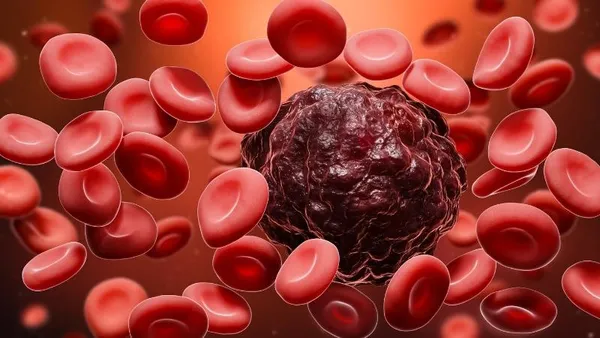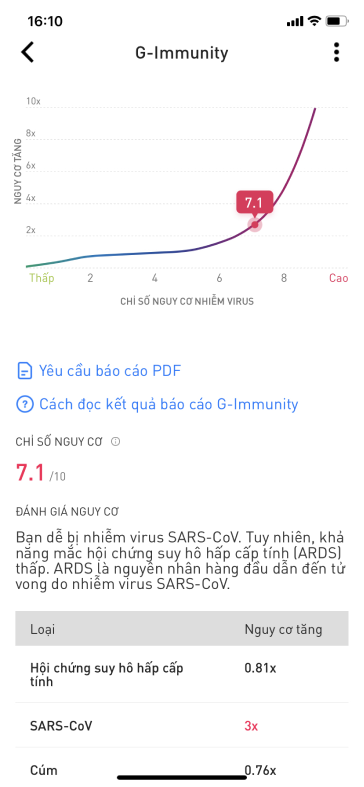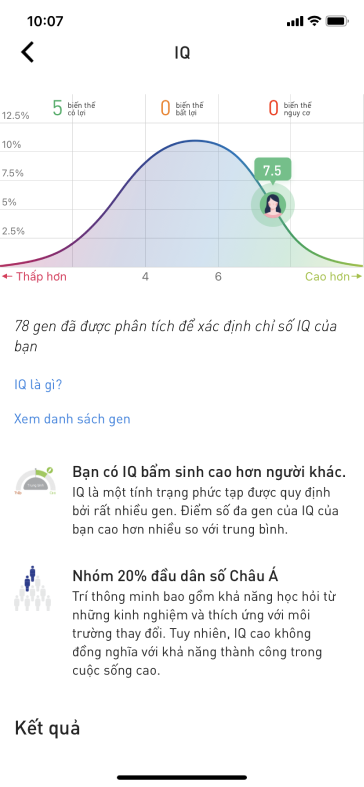32 risks of leading to a stroke

Stroke is the second most common cause of both death and disability-adjusted life-years worldwide, but its molecular mechanisms remain poorly understood. Recently, an international research consortium has identified 22 new genetic risk factors for stroke, make it now to be in total 32 independent genomic regions associated with stroke.
The results of the largest genetic study on stroke thus far were now published online in the journal Nature Genetics. The study was based on DNA samples of 520,000 European, North- and South American, Asian, African, and Australian participants of whom 67,000 had a stroke. These were derived from 29 large studies.
cause of stroke
Stroke can originate from alterations in various parts of the vasculature including large arteries, small arteries, the heart, and the venous system and the researchers found genetic risk factors implicated in each of these mechanisms. They showed that some genetic risk factors contribute to specific mechanisms and others to stroke susceptibility at large. They further found shared genetic influences between stroke caused by vessel occlusion (the most common cause of stroke) and stroke caused by rupture of a blood vessel (the most catastrophic cause of stroke), often thought to have opposite mechanisms.
When the researchers took a closer look on the genomic areas pinpointed in the study, they noticed that several of them overlap with genomic areas known to be implicated in related vascular conditions such as atrial fibrillation, coronary artery disease, venous thrombosis, or vascular risk factors, especially elevated blood pressure, and less so hyperlipidemia.
By adding data on gene expression, protein expression, and other characteristics in multiple cell types and tissues compiled by their co-investigators the researchers obtained first insights into the specific genes, molecular pathways, and cell and tissue types through which the new genetic risk factors cause stroke.
The researchers further found that the genes they identified are enriched in drug targets for antithrombotic therapy, used to re-open occluded blood vessels in patients with acute stroke or to prevent vascular events including stroke. "These findings illustrate the potential of genetics for drug discovery," says Martin Dichgans.
Full article: https://www.en.uni-muenchen.de/news/press-services/press-releases/2018/dichgans_megastroke.html
























